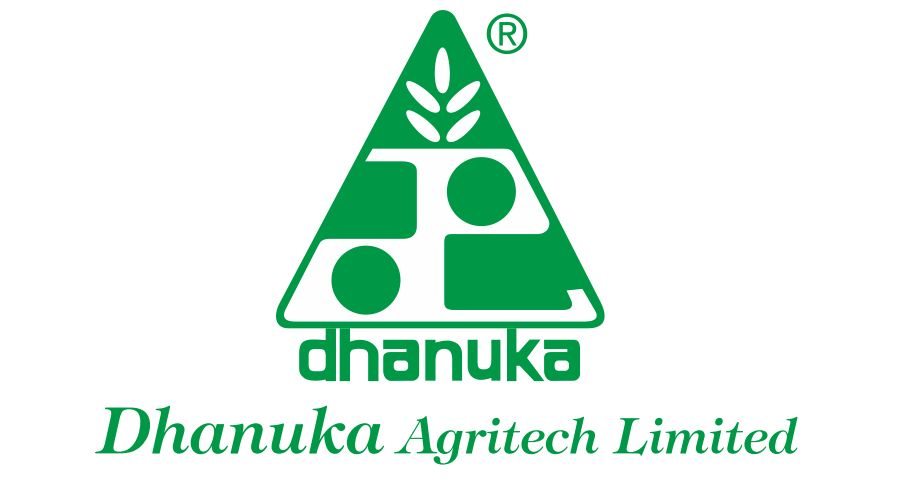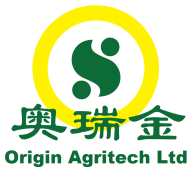Crompton strengthens its sustainability footprint in the agricultural sector
Company secures its fourth consecutive order for Solar Water Pumping System from HAREDA, Haryana under PM-KUSUM.
Crompton Greaves Consumer Electricals Ltd., renowned for its innovative solutions in the pumps industry, announced its fourth consecutive win of another landmark solar water pumping system order under the prestigious PM-KUSUM scheme for the state of Haryana. The latest order, sanctioned by the New & Renewable Energy Department Haryana and HAREDA includes the supply, installation, and commissioning of 7.5 HP DC; 10 HP AC and 10 HP DC solar photovoltaic water pumping systems which are worth over Rs. 9 crores. This achievement is part of a larger initiative led by the Solar Energy Corporation of India (SECI) and the Ministry of New & Renewable Energy (MNRE), aiming to replace and establish new connections for 6.5 Lac pumps across India. Total orders accrued till now from HAREDA stands at Rs 65.6 crores.
Moreover, Crompton has secured a Letter of Empanelment for 2500 solar pumping systems in Maharashtra from MSEDCL (Maharashtra State Electricity Distribution Co. Ltd.) for 500 systems and MEDA (Maharashtra Energy Development Agency) for 2000 systems.
Another Letter of Empanelment has been received for 1000 solar pumping systems in Rajasthan from Commissionerate of Horticulture, Rajasthan. Total value of Letters of Empanelment received amounts to appx Rs 85 crores, marking another step forward in its commitment to agricultural sustainability. This significant development, coupled with the recent fourth order from Haryana and LOE from Maharashtra and Rajasthan Govts., further demonstrates Crompton’s growing footprint and dedication to providing sustainable solutions and leveraging technology for a greener future.
In the vast Indian agricultural landscape, solar power offers a win-win solution for farmers. It not only tackles environmental concerns by reducing greenhouse gas emissions, but also significantly lowers energy costs, boosting their profitability. As the nation prioritizes sustainable energy, solar emerges as a game-changer, providing a clean and renewable power source crucial for our planet’s future. Integrating solar into sectors like agriculture leads to a transformative shift by creating a practical and eco-friendly approach that benefits both farmers and the environment. Therefore, Crompton’s dedication to sustainable solutions aligns seamlessly with the national push towards renewable energy.
Crompton aims to deploy over 10,000 solar powered pumps under the PM-KUSUM Scheme in the next few years, in its efforts to make an impact in the energy efficiency category. Through an extensive after sales service network, technically equipped channel partner presence across India, top R&D and manufacturing facilities and a rigorous 5-stage product development process, Crompton can achieve its target of deploying in a wide range of highly energy-efficient and innovative solar water pumps.
Speaking on this occasion, Rajat Chopra, VP and Business Head, Pumps at Crompton Greaves Consumer Electricals Ltd. said, “We are thrilled to secure the fourth consecutive order for solar pumping systems in Haryana under the PM-KUSUM Scheme, along with Letters of Empanelment from Maharashtra & Rajasthan Govts., signifying our solid dedication to delivering cutting-edge and sustainable solutions to the agricultural sector. At Crompton, we believe that innovation is a part of our DNA, driving us to continually redefine boundaries. Our success in the solar water pumps category strengthens our position as we continually strive to bring advanced and sustainable solutions to the industry.”
Company secures its fourth consecutive order for














